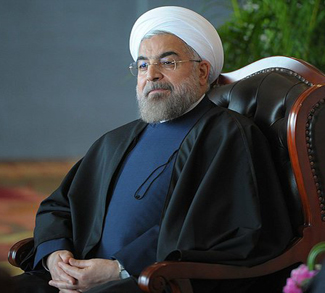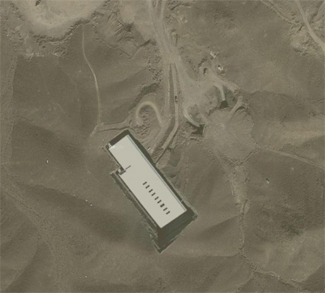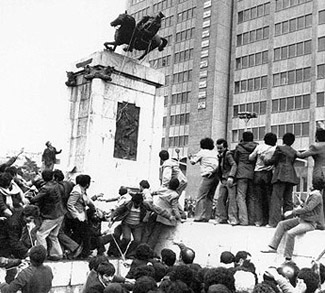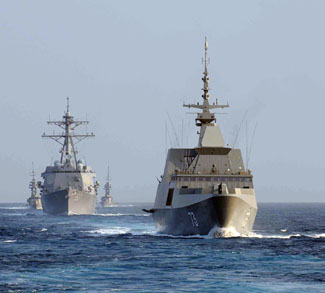After three consecutive elections (in the years 2004, 2008, 2012) in which the ‘conservatives’ won majorities in the Majles, Iran’s parliament, few are betting on a win for the reformist camp in the February 26 vote. The Council of Guardians makes sure of that. It vets over 12,000 candidates before allowing about half to compete for 290 seats. The Guardians reject candidates over considerations such as poor adherence to Islamic principles and the Islamic Republic. Inevitably, or rather by definition, reformist figures rarely make it past the eye of the guardians’ needle (perhaps 1%). There is virtually a systematic boycott against reformists. President Rohani himself has criticized the Guardians. Rohani remains close to the reformists and he has criticized the most radical elements and institutions of the regime – including the unelected Council of Guardians.
Why is the Majles Important?
The Majles is still relevant as an important institution can clearly hinder the executive. Rohani, the current President of the Republic, has found out firsthand what this entails, given the repeated attempts of the outgoing legislature to sabotage or hinder negotiations with international delegates dealing with Iran’s nuclear program. In this, the Iranian Majles and Congress have acted similarly. President Obama has experienced tremendous opposition from the House of Representatives and the Senate in trying to lift sanctions against Iran.




